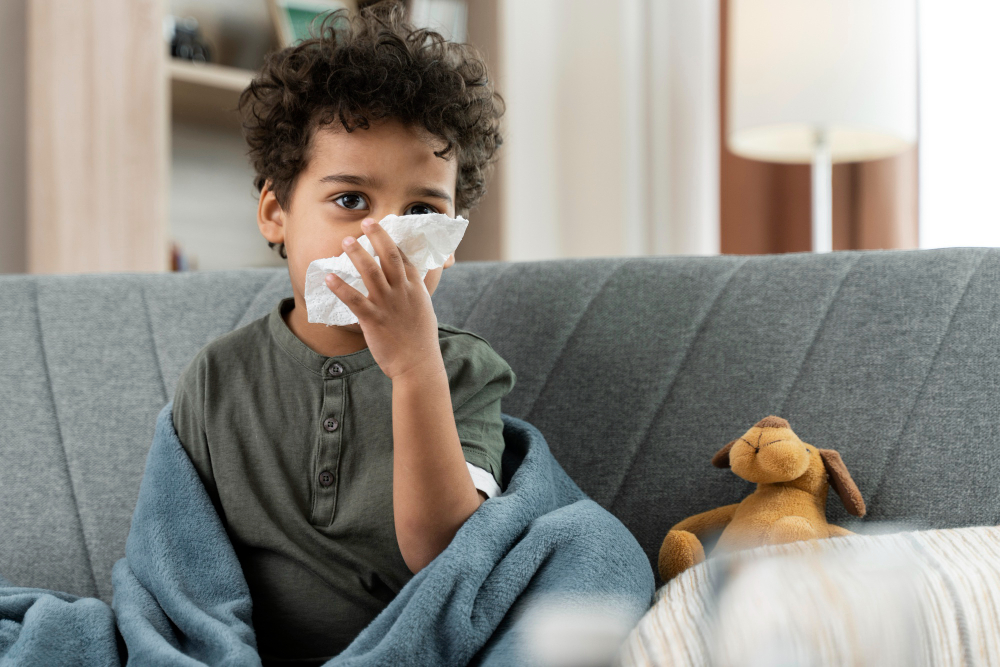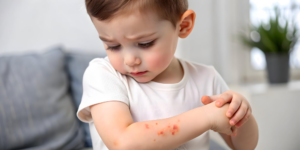What Is Viral Fever in Children?
Viral fever in children is a common illness. It happens when a virus causes the body temperature to rise. Many parents worry when their child has a fever. However, most viral fevers are mild and go away on their own. Still, it is important to know the signs and how to care for your child. Early understanding helps you keep your child safe and comfortable.
Common Symptoms of Viral Fever
Children with viral fever often show several signs. While symptoms can vary, some are more common than others. For example, your child may have:
Sometimes, children may also have vomiting or diarrhea. But, not every child will have all these symptoms. If you notice these pediatric viral fever symptoms, keep a close watch on your child.
Causes and How Viral Fever Spreads
Many viruses can cause fever in children. For instance, the flu, common cold, and other seasonal viruses are frequent culprits. Viruses spread easily from person to person. Usually, this happens through:
Because children often play closely together, they can catch viruses quickly. Therefore, teaching good hygiene is very important.
Diagnosis: How Doctors Identify Viral Fever
Doctors use several steps to diagnose viral fever in children. First, they ask about your child’s symptoms and medical history. Next, they check your child’s temperature and do a physical exam. Sometimes, doctors may order blood tests or throat swabs. However, most cases do not need special tests. Usually, if the symptoms match a viral infection, doctors can make a diagnosis. If symptoms last longer than expected, more tests may be needed to rule out other causes.
Treatment Options for Viral Fever in Kids
Most viral fevers in children get better without special medicine. Since antibiotics do not work against viruses, doctors rarely prescribe them. Instead, treatment focuses on easing symptoms. Here are some common ways to treat viral fever in kids:
If your child’s fever is very high or lasts more than a few days, contact your doctor. Always follow your pediatrician’s advice for medicines and care.
Home Care and Lifestyle Tips
While your child recovers, home care is important. For example, you can:
Additionally, avoid sending your child to school or daycare until they feel better. This helps prevent the spread of viral infections in children.
Prevention: How to Protect Your Child from Viral Fever
Preventing viral fever in children is possible with simple steps. Here are some tips:
By following these steps, you can lower the risk of viral fever and other infections.
When to See a Pediatrician
Most viral fevers are mild. However, sometimes you need to seek medical help. See a pediatrician if your child:
If you are worried about your child’s health, do not wait. It is always better to ask your doctor for advice.
If your child has a fever or you are concerned about their health, consult a pediatrician for personalized advice.






